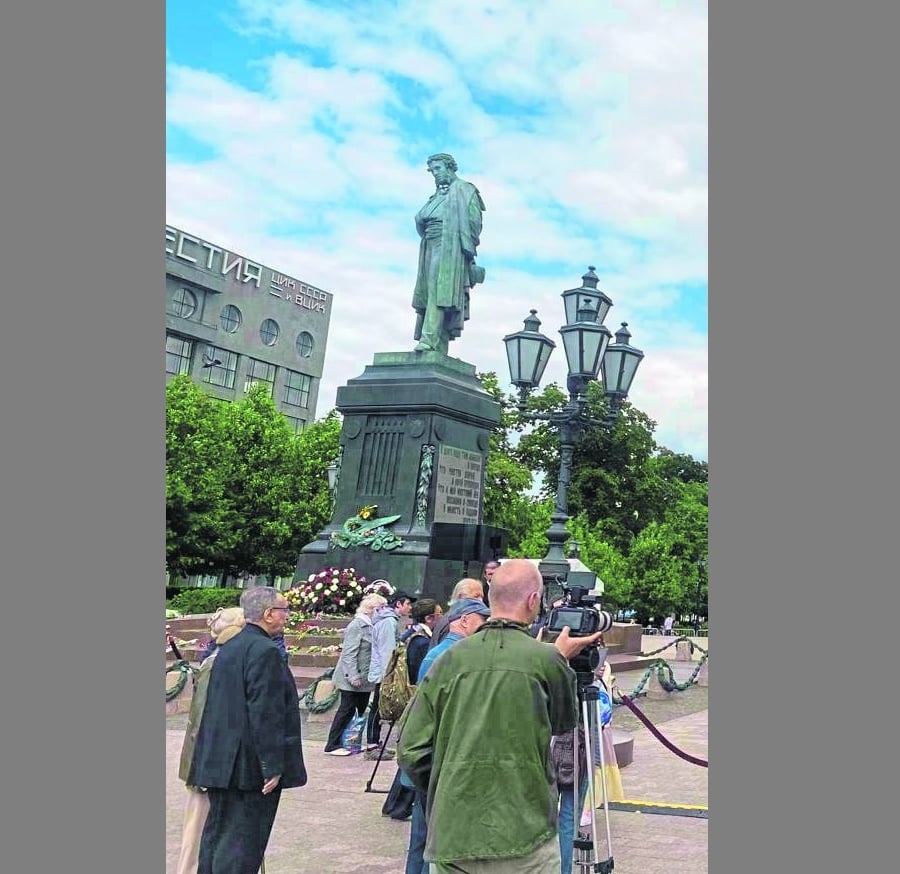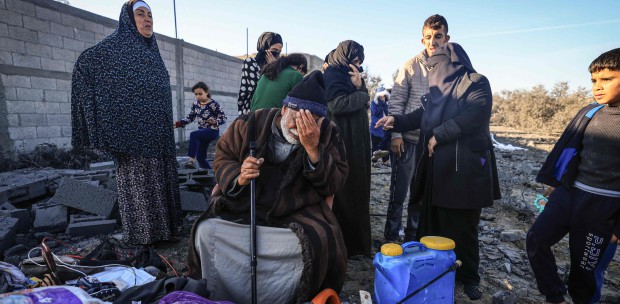THE concept of Madani, which has become a key in the activities of the new Malaysian government, is not just a slogan, but an attempt to unite the country and bring Malaysian society to a new level in all areas.
What could writers, especially poets who are the "rulers of souls", do to successfully bring this concept to life? Russian literature shows wonderful examples of the service of writers for the benefit of society.
Poets have always thought about the purpose of poetic creativity, about the place of the poet in the life of the country, the people. What and for whom a poet should write? Is it necessary for a poet to also be a citizen (of a country)?
Alexander Pushkin (1799-1837), comparing the poet with God's messenger, urged: "Burn the hearts of people with the verb!"
And, in his poem, "A Monument I`ve raised not built with Hands..." (1836), he talked about the role of the poet and poetry in public life, how the word affects people and the responsibility of the poet that follows from this. Pushkin believed that the poet could and must change the world for the better.
"And long the people yet will honour me;
Because my lyre was tuned to loving-kindness;
And, in a cruel Age, I sang of Liberty,
And mercy begged of Justice in her blindness..."
Another poet, Mikhail Lermontov (1814-1841), regretted that the poet's voice no longer sounds "like a bell on a tower during the days of celebrations and troubles of the people". In his poem "Poet" (1838), he compared a poet with a dagger which had a glorious past but now was hanging on the wall for decoration.
He wanted a poet to be useful for society in order even after his death as his poems would serve for the sake of unity and prosperity of his country and people.
A poet is not only a person with a poetic gift. He is like a prophet who stands above other people, capable of leading them. For him, the poet must be brave, independent and not corrupt.
Another poet, Nikolay Nekrasov (1821-1878) like his predecessors, considers serving the homeland and people the main task of poetry:
"Be a citizen! Serving art
Live for the good of others..."
In his poem "Poet and Citizen", he stated: "You may not be a poet, but you must be a citizen". Nekrasov believes that a poet who refuses to serve society becomes fruitless, as the source that nourishes true poetry disappears.
He remained faithful to these ideas throughout his life so that at the end he could proudly say: "I dedicated the lyre to my people." (Elegy, 1874).
Vladimir Mayakovsky (1893-1930) compared a poet is a star, his light serves as a moral guide for people. Inwardly convinced of the need for a poetic word for the human soul, Mayakovsky saw the poet's mission in absorbing all the pain of millions of suffering and lonely people and telling the world about it.
According to Mayakovsky, people need poetry like they need the sun. Poems warm the soul of every person, filling it with the eternal fire of life, making them realise themselves as an integral part of the vast world.
"Shine all the time,
for ever shine.
the last days' depths to plumb,
to shine — !
spite every hell combined!
So runs my slogan —
and the sun's!"
I hope Malaysian poets, among whom I have many friends, will be in the forefront of the Madani movement for the unity and prosperity of their wonderful country.
The writer, writing from Russia, is a former lecturer at Universiti Malaya





